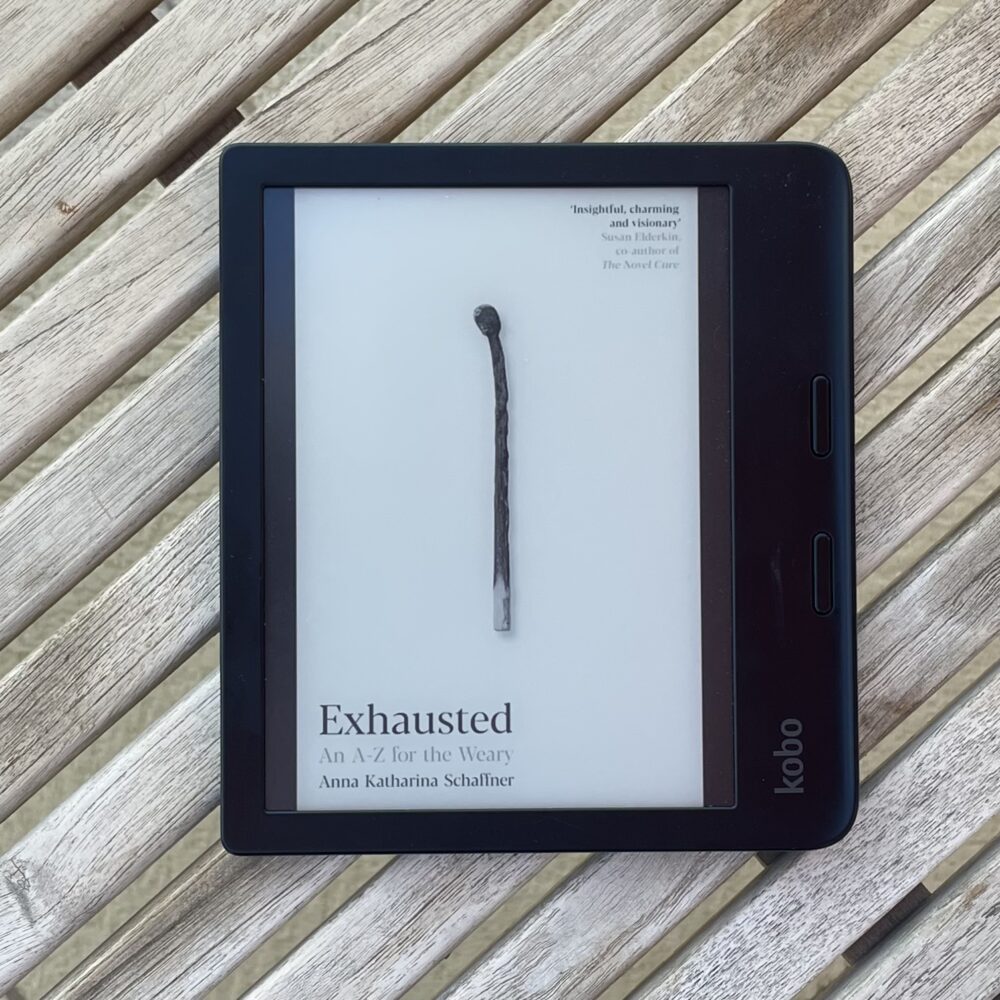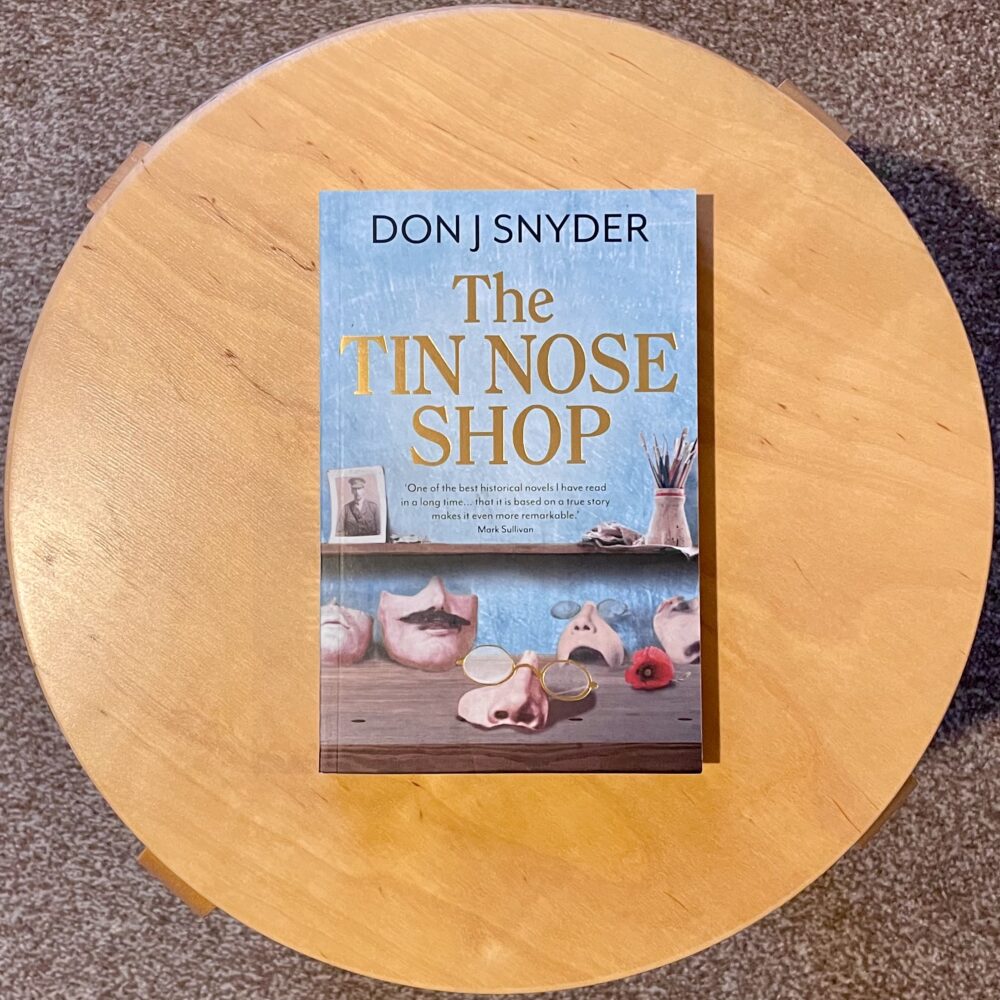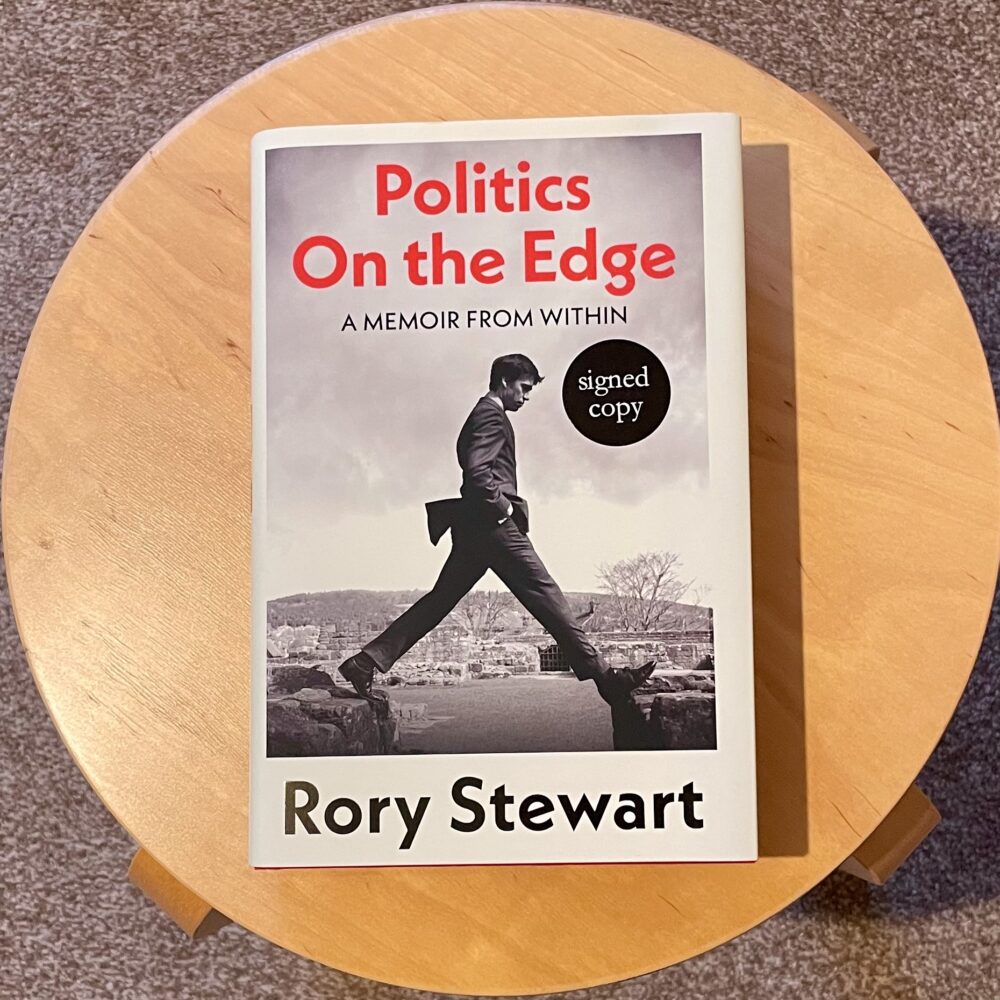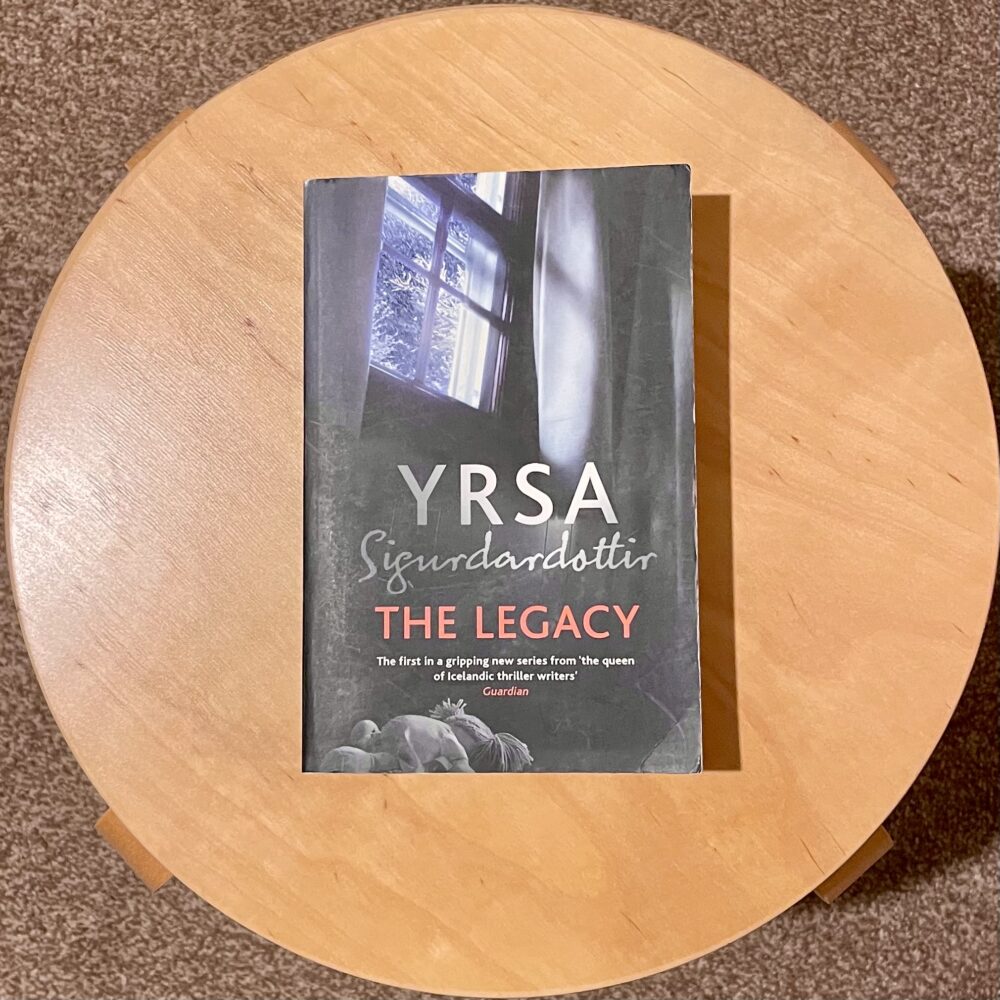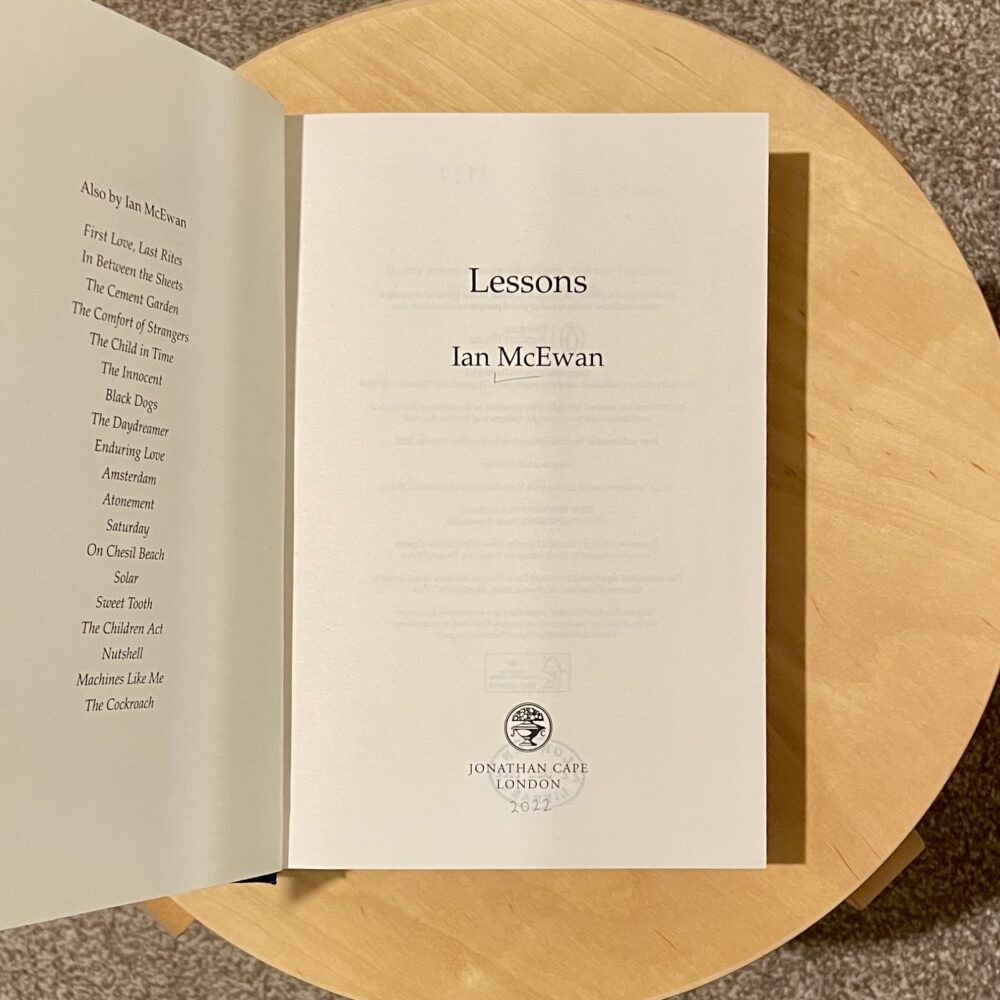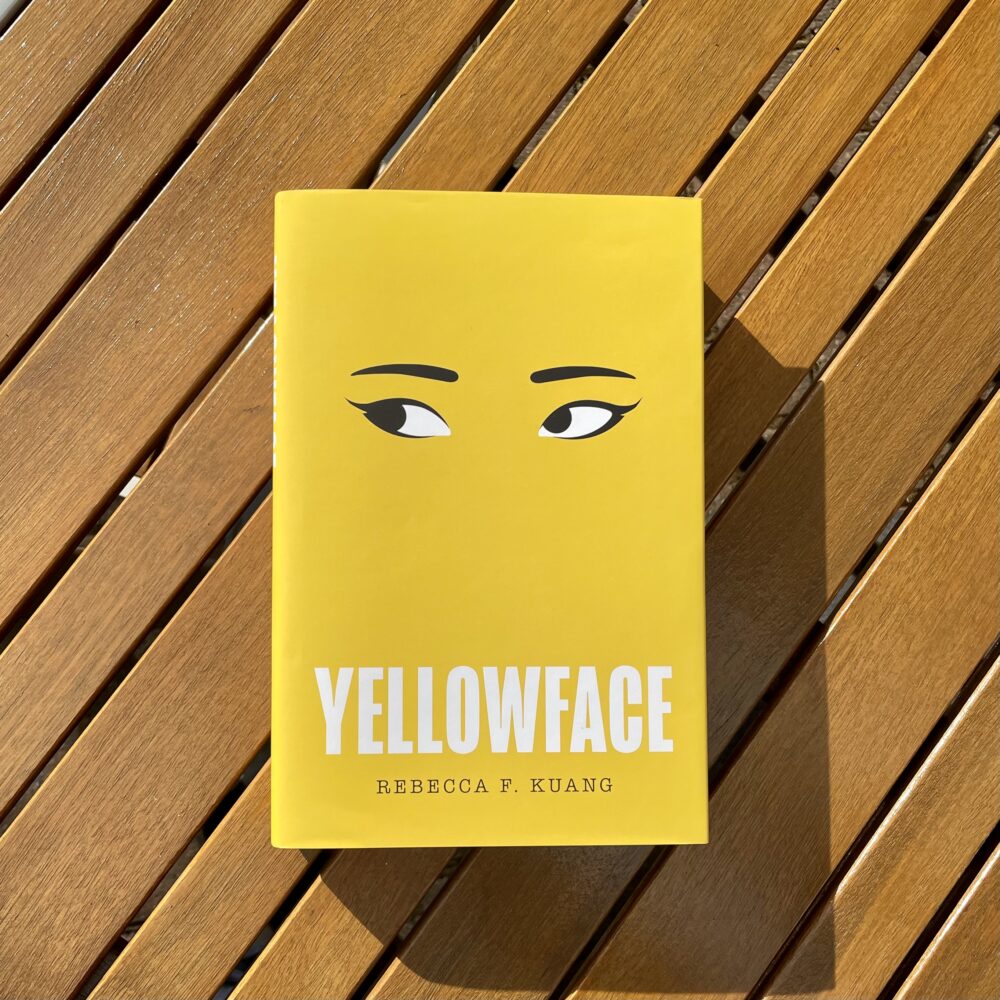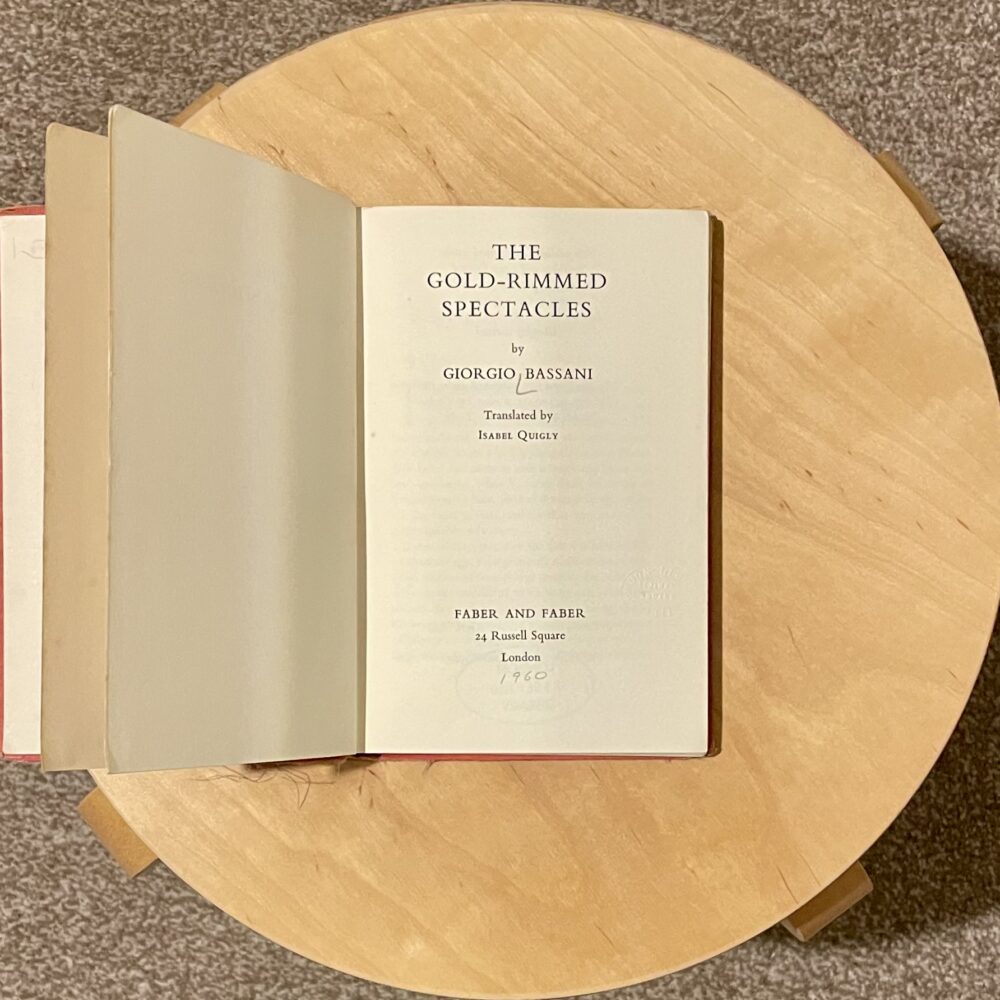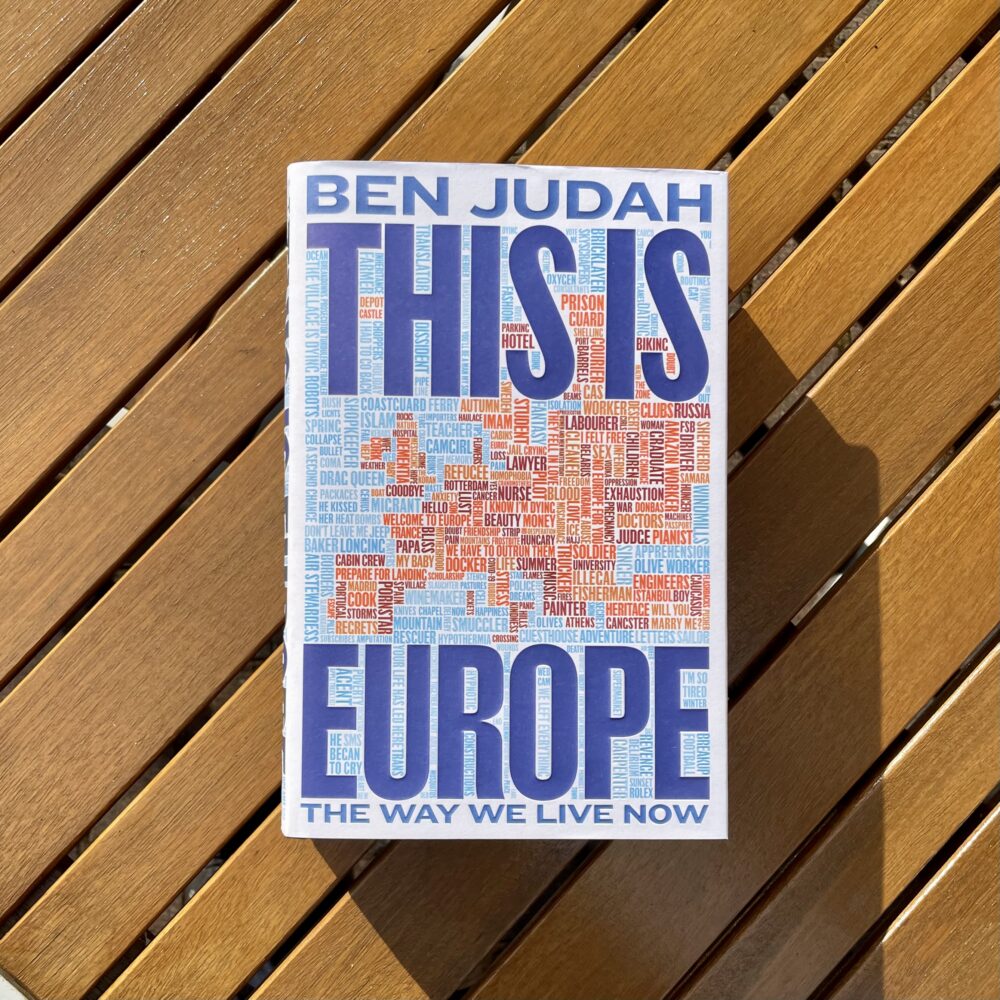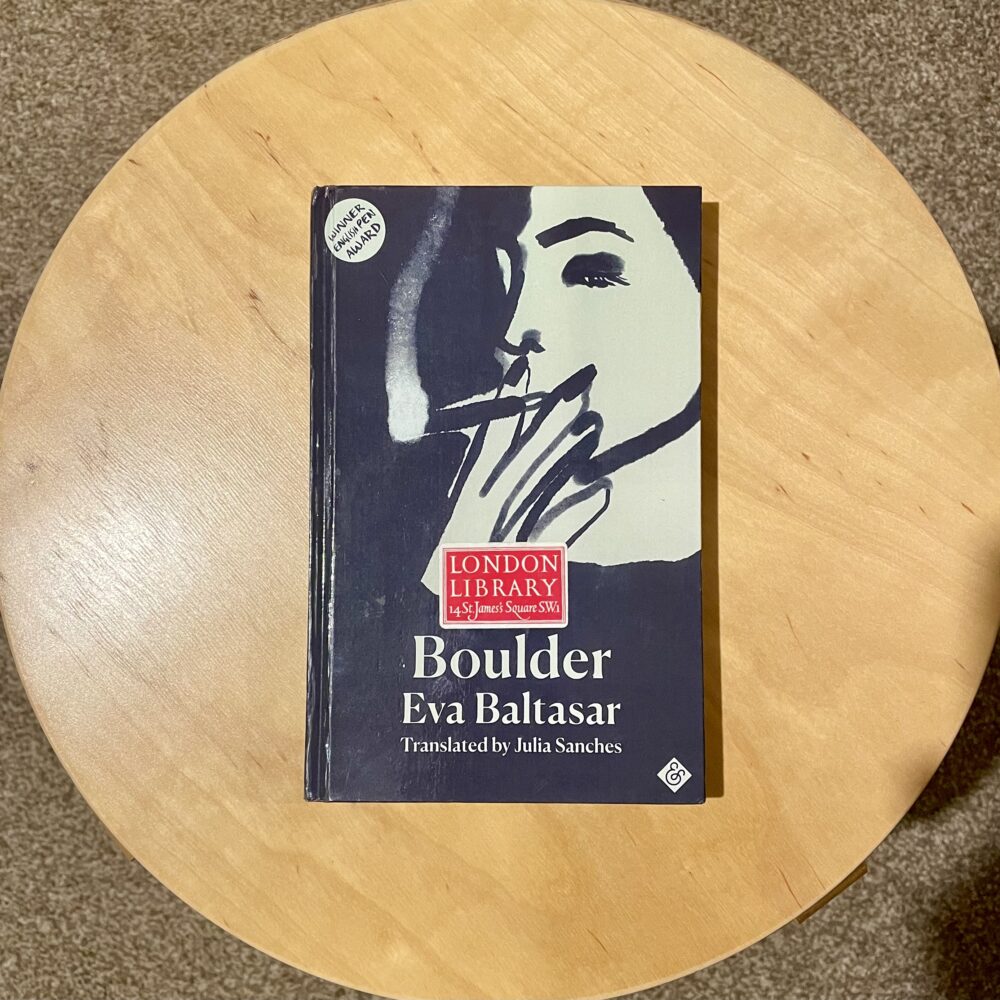‘Ultra-Processed People’ by Chris van Tulleken
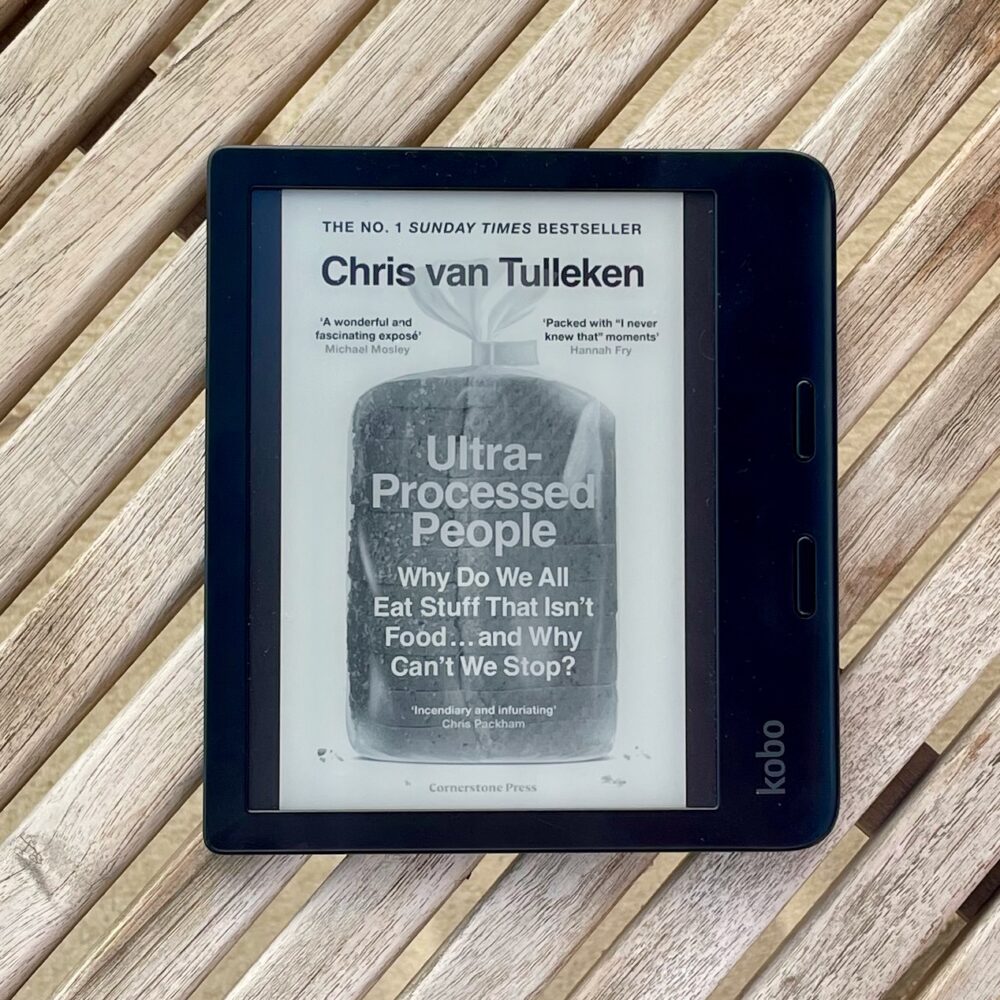
This book sold by the tonne last year, and the resulting coverage of ‘ultra-processed food’ was unavoidable. I studiously avoided reading the book, though. I’ve dabbled in nutritional research in the past, and have a reasonable handle on how complicated the subject can be. I assumed that this was another book by a celebrity doctor who would be giving an oversimplified, somewhat self-promotional message.
But then I gave in and was pleasantly surprised.
This book is quite narrowly focused on the under-recognised harms of ultra-processed food. As one of van Tulleken’s interviewees memorably puts it: ’It’s not food. It’s an industrially produced edible substance.’
This is explicitly not a diet or self-help book, and van Tulleken repeatedly emphasises that there’s more to diet than this narrow topic: cutting out all ultra-processed food from one’s diet does not guarantee a long, healthy and happy life. The central argument is merely that the introduction of ultra-processed food is probably an under-recognised driver of ill health at a population level. I was fairly convinced by that argument.
I found the book easy and enjoyable to read, partly because of van Tulleken’s humorous style of writing and his personal anecdotes, but also because some of the background literature he cites is familiar to me. I sometimes found some arguments in the book a little reaching, particularly when it came to trying to connect the development of ultra-processed foods with wider ethical concerns in some multinational corporations. I came to accept this as a rhetorical device in keeping with the tone of the book.
I enjoyed this and felt that I learned from it, and regret misjudging it from its cover!
This post was filed under: What I've Been Reading, Chris van Tulleken.
